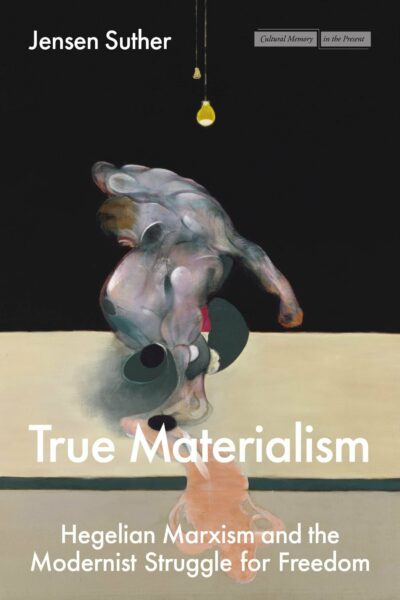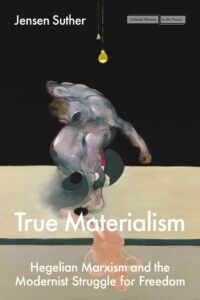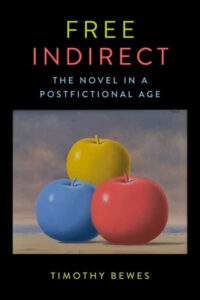Even if we accept that all life “requires” survival and self-maintenance, it is still not clear why we should think about it in terms of purposes and forms. It is perfectly possible to say that living beings simply sustain themselves and reproduce, and once they no longer do, they cease to be alive. Conversely, something that does not do these things is simply not alive. A dead horse is not a failed live one. Unless, of course, we assume that it was trying to stay alive and failed. But in that case, we have already committed to intention as the source of normativity—that is what “trying and failing” means. Similarly, glaucoma may cause an eye to be unable to satisfy its function, but it is the function desired and imposed by its owner (who presumably intends to use their eye to see things). No notion of natural, biological form is necessary; either intention is present (and calls for interpretation), or it is not (and a causal account is all that is needed). The question of whether horses (or bacteria or trees) are capable of intentions is beside the point at the level of theory.










